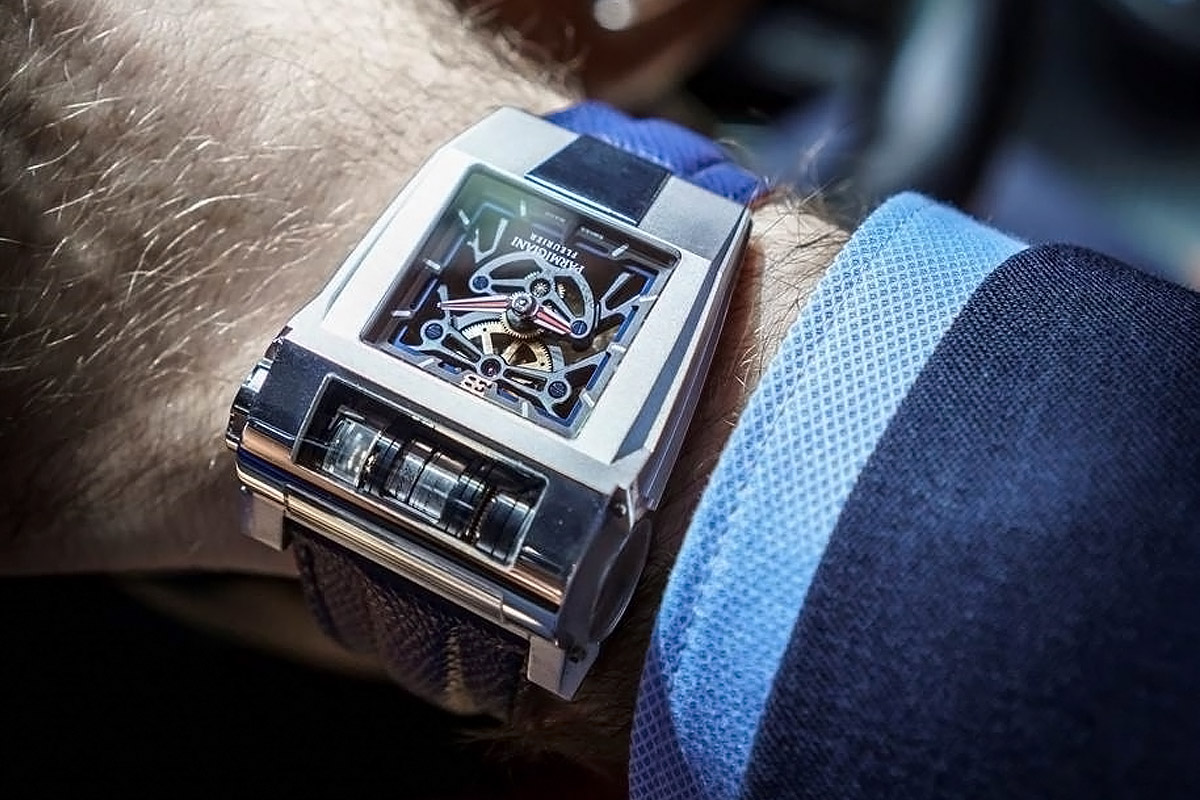

There are certain products that manage to stay in style no matter how hard the winds of technological change might blow. Luxury watches, many of which are made by companies that have been around seemingly forever, are just such items, managing to stay relevant even as new kids on the block attempt to knock them off their lofty perch.
In the case of timepieces, the new kids on the block are so-called smartwatches, which boast the connectivity of a smartphone and can be worn on your wrist.
In the past, luxury watch brands were forced to adjust, such as when digital timepieces started to come of age in the latter half of the 20th century. This latest advance might seem like the sternest test they have faced, especially in an age where being connected is everything for people on the go. Yet there is a certain elegance and charm that goes along with an old-school wristwatch from one of the top luxury brands that are hard for anything else to duplicate.
For examples of luxury watches that still has the same aura of class and power attached to them as always, check out Parmigiani. Many similar brands are taking proactive steps to compete with the popularity of the smartwatch.
One of the advantages that the luxury brands have is that it is easier for them to adjust in terms of modern advances that can be added to their phone than it is for tech companies to catch up in terms of style. That’s why many luxury brands have been making incremental shifts towards watches that allow for some of the utility of a smartwatch without sacrificing what their brands stood for in the first place. The result is a new type of wristwatch that appeals to both old-school and digitally-minded consumers.
Luxury watches can help stave off the encroachment of smartwatches by introducing what’s special about them to a younger audience. These younger folks are the ones most likely to be lured by the smartwatch movement. If marketers can appeal to this demographic based on the style and craftsmanship of the handmade timepieces offered by luxury brands, they can keep those brands relevant well into the future. As a matter of fact, the smartwatch revolution actually may be a boon to luxury brands in that it is forcing them to reach out to a whole new type of customer.
There are some brands of luxury watches who have developed such a high-end reputation that they would probably be damaged by going all-in towards connectivity. As a result, these watchmakers are likely to allow the customers they have cultivated to come to them for the same qualities that attracted them in the first place, qualities harder and harder to find in the digital world.
So don’t expect the death knell to be sounded anytime soon for luxury watches. The history and quality should sustain them, with just a few modern touch-ups to help along the way.
If you are interested in even more smartwatch-related articles and information from us here at Bit Rebels then we have a lot to choose from.
Warehouses are changing fast, pushed by rising demand, tighter safety standards, and the constant shuffle…
Cybersecurity is no longer a task for governments and large corporations in the connected world…
Fame is a powerful force that extends beyond a celebrity’s lifetime. Icons like Marilyn Monroe,…
In an era where sustainability, transparency, and corporate responsibility are paramount, businesses are under mounting…
In today’s fast-paced and competitive business environment, managing intellectual property (IP) is more crucial than…
Working in tight or confined spaces is one of the most common challenges in modern…